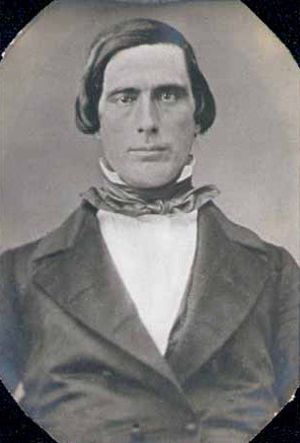Chengwatana, Minnesota facts for kids
Quick facts for kids
Chengwatana
|
|
|---|---|
| Country | United States |
| State | Minnesota |
| County | Pine |
| Time zone | UTC-6 (Central (CST)) |
| • Summer (DST) | UTC-5 (CDT) |
| Area code(s) | 320 |
| GNIS feature ID | 649445 |
Chengwatana is a place in Pine County, Minnesota, USA, where a village used to be. It's now an abandoned site, sometimes called a ghost town. This old village was located just east of what is now Pine City. You could find its center near where Cross Lake Road and Government Road meet today.
Contents
History of Chengwatana
The Ojibwa Village
Chengwatana started as an Ojibwa village. It was located along the lower part of the Snake River in Minnesota. The name Chengwatana comes from the Ojibwe word Zhingwaadena. This word is a shorter version of Zhingwaak-oodena, which means "White-Pine Town." The English name we use today comes from a French way of writing the Ojibwe word.
After Wisconsin became a state in 1848, this village became a permanent settlement. It was located at the start of the lower Snake River, on the southeastern shore of Cross Lake. At one point, it was even called Snake River Dam.
Early Development and Important People
Elam Greeley was an important person in the area. He was a lumberman, which means he worked with wood and trees. He also helped start the city of Stillwater. Elam Greeley was part of the Minnesota Territorial Legislature, which was like the government for the area before it became a state. The town of Greeley is named after him. He owned a special dam in Chengwatana that collected tolls, or fees, at the end of Cross Lake.
Becoming a County Seat
On March 1, 1856, Chengwatana was officially named the County Seat of Pine County. A county seat is the main town where the county government is located. At this time, a group called Judd, Walker and Company, along with Daniel G. Robertson, renamed the village Alhambra. However, people didn't really like this new name. So, in 1857, Alhambra was renamed back to Chengwatana.
The Military Road and Post Office
A new road was built between the cities of Hastings, Minnesota and Superior, Wisconsin. It was called the "Point Douglas to Superior Military Road," or "Douglas Highway." This new road was designed to go right through Chengwatana. From 1862 to 1863, the village was used as a frontier military post. This means soldiers were stationed there to protect the area. A post office also operated in the village until 1873.
The Decline of Chengwatana
The village of Chengwatana started to decline when a railroad was built. The railroad was constructed on the western side of Cross Lake. A new village, Pine City, was planned and built along this new railroad. The name "Pine City" is actually a simple English translation of "Chengwatana."
Both Chengwatana Township and Pine City Township were also named after the original village of Chengwatana. Because the railroad went to Pine City, Chengwatana slowly became a ghost town. In 1870, the county seat was moved from Chengwatana to Pine City.
Remembering Chengwatana
Today, there is a historical marker at the old village site. It simply shows where Chengwatana used to be. Another, more detailed historical marker is located along the railroad bridge over the Snake River in Pine City. This marker explains the history of Chengwatana and how it is connected to Pine City.
 | Kyle Baker |
 | Joseph Yoakum |
 | Laura Wheeler Waring |
 | Henry Ossawa Tanner |



